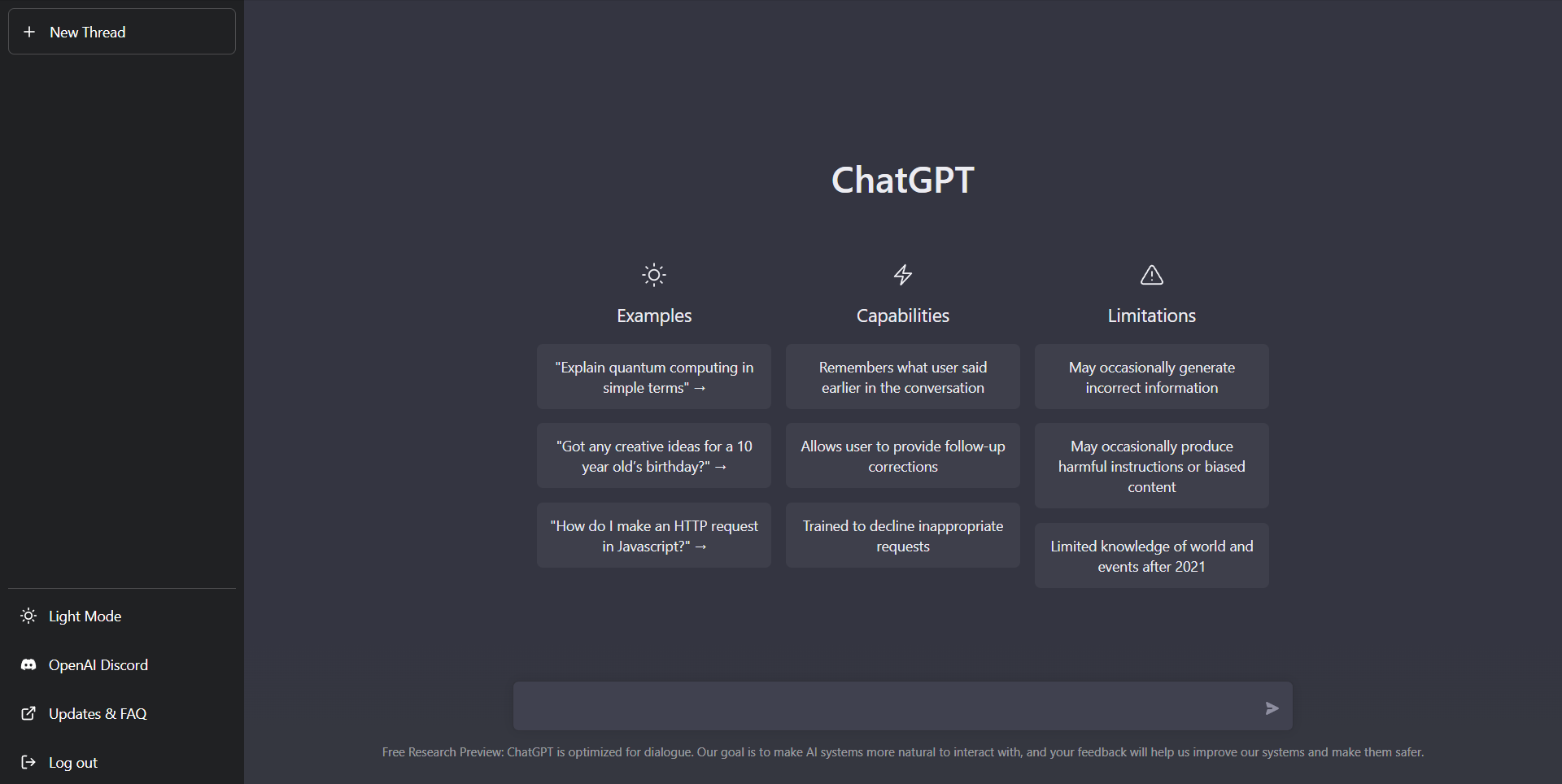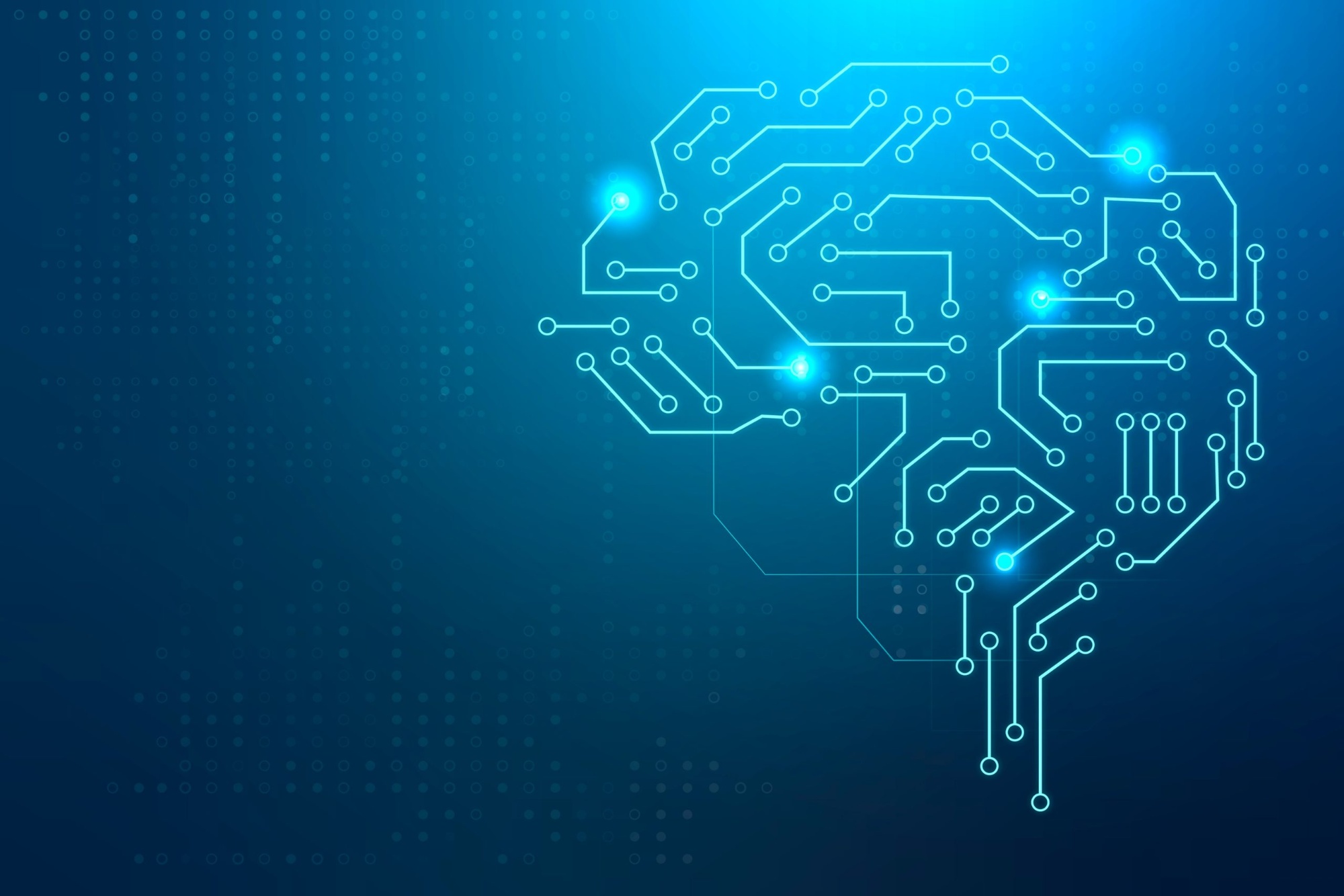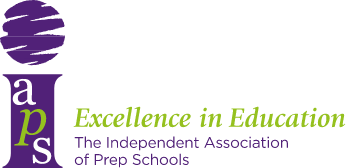Artificial Intelligence is Coming
.png)
While we were all preparing for the end of term, performing nativities and singing carols in our schools; ChatGPT unleashed itself onto the web. The first, but definitely not the last, artificial intelligence chatbot.
You probably aren't aware of how artificial intelligence or AI is infiltrating our lives but take a second to think about it. How many of us have Alexas or other personal assistants in our houses? Do you use Face ID on your phone? Have you had that moment where you think about something and then there is a suggestion on a newsfeed about it? All of these are AI at work.
It also works behind the scenes in our schools. Go Guardian, the filtering and monitoring system that protects our students on Chromebooks has a built-in learning system that notifies safeguarding school teams when students may be at risk of suicide, self-harm, or potential harm to others. Beacon was designed to spot patterns and behaviours by analysing their browsings across search engines, emails and web apps.
So what is ChatGPT?
Open AI have drawn on incredible amounts of data to train a model to talk about practically anything in a conversational way. It has the potential to revolutionise the field of education by improving personalised learning, automating grading and feedback, and providing students with access to new learning opportunities.
How to Use ChatGPT?
-
Go to ChatGPT
-
Sign Up with either a Google or Microsoft account
-
Enter the question you need to query in the input box at the bottom
What can ChatGPT do?

Through experimenting myself for a few weeks and seeing lots online about it, these are the things I have found out it can do:
-
Write you a song
-
Tell you a story
-
Make you a list of gifts to buy or reasons to do something
-
Write your lesson plans along with questioning and worksheets (go ahead and try it!). Also, try Education Copilot
-
Write personalised reports and feedback
-
Translate Chinese instructions into English
-
It will identify bugs in written code like javascript
-
I just gave it a mark scheme and a sample student answer from an AQA GCSE English Language paper - it marked it accurately in seconds.
-
Made a reading comprehension for 10-year-olds based on Kilian Mbappé first in English and then in French.
-
Have you got the gist yet?
Does it have a place in our classrooms?
One of the key benefits of AI in education is its ability to personalise learning experiences for each student. AI algorithms can analyse data on a student's strengths, weaknesses, and learning style, and use this information to customise their coursework and assignments. This can help students learn at their own pace and focus on the areas where they need the most support.

AI can also be used to automate grading and feedback, freeing up teachers to focus on more important tasks such as planning lessons and providing one-on-one support to students. There are already a number of AI-powered tools that can grade essays, provide feedback on writing, and even grade coding assignments and ChatGPT can be used in this way. These tools can save teachers a significant amount of time and allow them to provide more detailed and personalised feedback to their students.
AI can also be used to provide students with access to new learning opportunities that might not have been possible before. For example, AI-powered language learning platforms can provide personalised lessons and feedback to help students learn a new language, and AI-powered tutoring platforms can connect students with tutors around the world in real-time.
Now I am not saying we all need to start using AI in lessons and in particular ChatGPT. But we do need to start paying attention to it. AI has the potential to improve the education experience for both students and teachers significantly. While there are certainly challenges to be addressed – such as ensuring that AI systems are fair and unbiased – the use of AI in education has the potential to transform the way we learn and teach.
If you want to find out more about AI in the classroom, check out:
-
Edufuturists Podcast Episode 202 - How AI Will Revolutionise Education with the Edufuturists
-
Ditch that Textbook - ChatGPT, Chatbots and Artificial Intelligence in Education
-
MyEdTechLife Podcast Episode 162 - Why AI Matters In Education - The Power of Artificial Intelligence
Katie Storey, Head of Digital Learning



